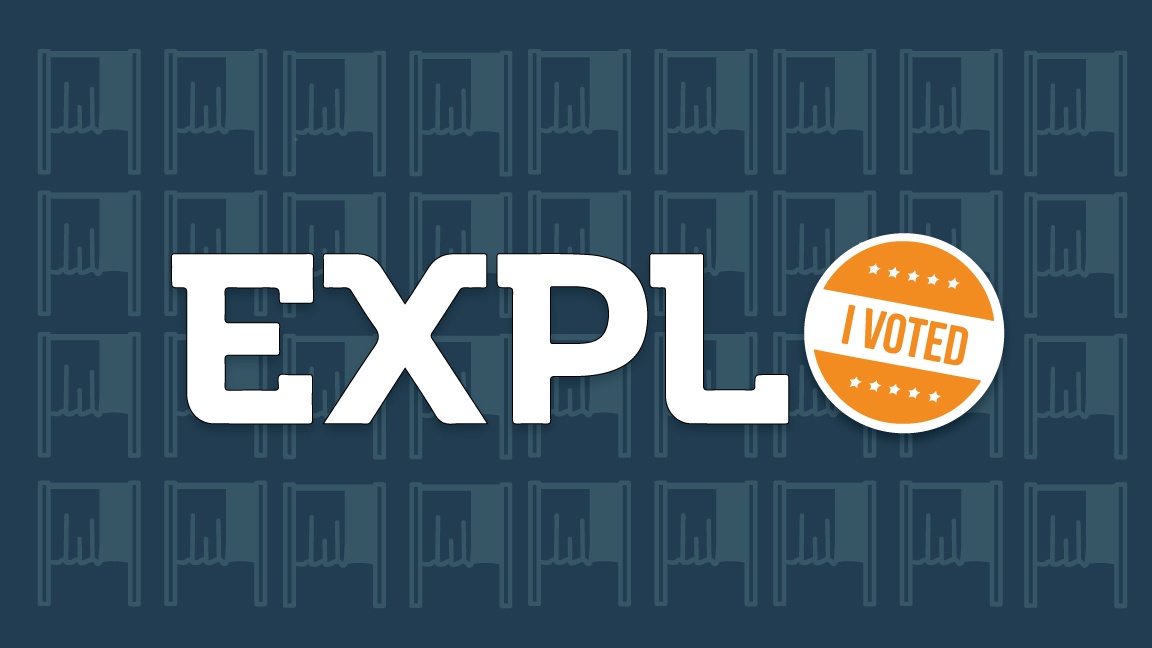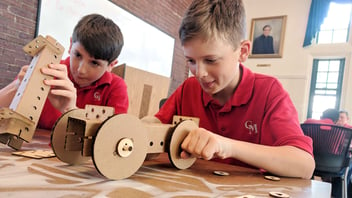Here's How To Keep The Conversation Going After Election Day

At EXPLO, we teach students both in and outside the classroom how to effectively use their voices by engaging each other in substantive and civil conversation on issues important to them. Today, on Election Day in the United States, where individuals come together from diverse backgrounds with different opinions, families, cultures, and religions, we celebrate using our voice and our vote. It is an important day as it allows U.S. citizens to exercise one of the most meaningful rights and responsibilities they have for themselves and to their nation.
Disagreement is expected, and a privilege we should absolutely feel comfortable exercising. In the days after this election, I encourage you not to shut down in the face of defeat or gloat in the face of a win, but instead continue talking about your disagreements out loud and learning from each other's opinions. To help, I wanted to offer these three tools from EXPLO’s Join the Debates to help you practice having successful civil discourse in a respectful and constructive manner every day, not just the days following today's election.
LISTEN.
Listening is key to effective communication. Listening means paying attention to another person – what is said, how it is said, and verbal and non-verbal messages. Really listening means not interrupting and working hard to understand how the other person thinks and feels.
SHARE.
Sharing requires active participation. It requires engagement. At its best, sharing means being open and honest. For sharing to feel safe, people need to be respectful of one another.
THEN DECIDE.
Before you make decisions about weighty issues, make sure you have all the facts – the whole story. Without them, you likely will not make a good decision. Getting the information you need to make a good decision may require some patience and asking lots of questions.
Polling stations are open today from 7 a.m. to 8 p.m. If you are looking to find more information about what’s on your ballot, where do candidates stand on issues, or the location of your polling place, I recommend some of these non-partisan websites:
When we start dialogues around issues important to us, we are encouraging each other to develop opinions on our own. And it's a good thing — democracy isn't a spectator sport. Out of the 150 million citizens eligible to vote, major media platforms say that less than half will end up at the polls today. So, here’s to changing assumptions. Let's vote. Let's continue the discussion. Let's join the debates.



